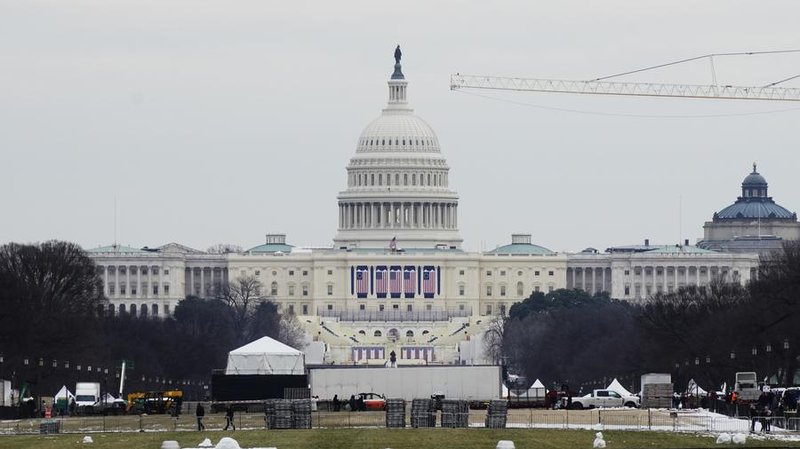Politics is crashing through the gates of US higher education as the federal government tightens its grip on prestigious universities.
In late May, the Trump administration revoked Harvard’s certification under the Student and Exchange Visitor Program (SEVP), cutting off the institution’s ability to enroll new international students. The move, part of a broader campaign against what officials label antisemitism and "racist" diversity, equity and inclusion practices, could signal similar interventions at other top schools.
U.S. Secretary of Education Linda McMahon has simultaneously frozen new research grants to Harvard. In a letter to President Alan M. Garber, McMahon accused the university of "disastrous mismanagement" and failing to uphold "fundamental academic principles." This marks a dramatic escalation in Washington’s efforts to reshape campus policies, hiring and admissions.
At the heart of the clash is a drive to "politically de-risk" universities—embedding federal oversight into academic governance. Through financial appropriations and legal threats—from research funding freezes to potential loss of tax-exempt status—the administration is steering institutions toward a model defined by "security, loyalty and America First." Enrolling international students, officials emphasize, is a "privilege, not a right."
Critics warn that such measures dilute academic autonomy. When a campus’s research focus, admissions standards or core values diverge from federal priorities, it risks losing essential resources or even its license to operate. Harvard’s response—lawsuits and emergency fundraising—underscores elite institutions’ dependency on federal dollars.
As universities transform from ivory towers of free thought into frontline arenas of political loyalty, the stakes couldn’t be higher. Will academia preserve its independence, or will state agendas redefine the mission of higher education? The outcome could reshape the global flow of students, ideas and innovation for years to come.
Reference(s):
cgtn.com




